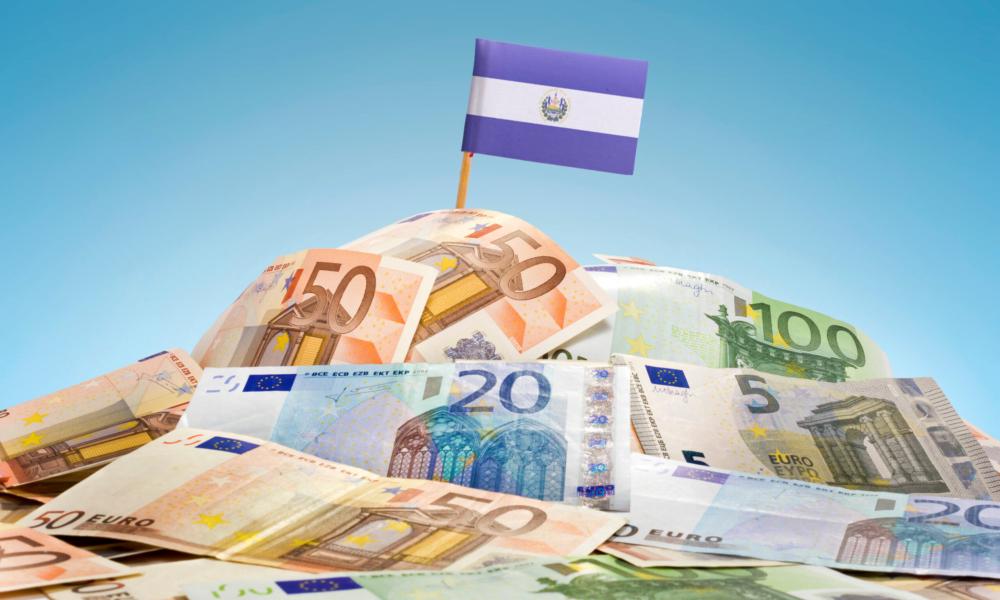allureaestheticsazflagstaff.com – El Salvador has embarked on an ambitious economic transformation aimed at achieving a debt-free budget. This shift represents a significant departure from the country’s historical reliance on borrowing and reflects a commitment to fiscal discipline and sustainable economic growth.
Background and Context
For decades, El Salvador’s economy has been characterized by high levels of public debt, which has constrained its ability to invest in critical infrastructure and social services. This debt has been a legacy of past economic crises, natural disasters, and political instability.
The Path to a Debt-Free Budget
The government of El Salvador has implemented a series of measures to transition to a debt-free budget. These include:
- Fiscal Consolidation: The government has undertaken significant fiscal consolidation efforts, reducing unnecessary expenditures and prioritizing spending on education, healthcare, and infrastructure.
- Tax Reform: To increase revenue, the government has implemented a comprehensive tax reform. This includes broadening the tax base, improving tax collection efficiency, and introducing new taxes on certain luxury goods and services.
- Public-Private Partnerships (PPPs): To finance large-scale infrastructure projects without incurring additional debt, the government has promoted public-private partnerships. These PPPs leverage private sector expertise and capital to develop critical infrastructure.
- Digital Economy: El Salvador has also embraced the digital economy, notably by adopting Bitcoin as legal tender. This move is part of a broader strategy to attract foreign investment, diversify the economy, and reduce reliance on traditional financial systems.
Challenges and Criticisms
The path to a debt-free budget is fraught with challenges. Critics argue that the aggressive fiscal consolidation could stifle economic growth and lead to social unrest. There are also concerns about the sustainability of the tax reforms and the potential for increased tax evasion.
Furthermore, the reliance on public-private partnerships and the digital economy has raised questions about transparency, accountability, and the equitable distribution of benefits.
International Perspective
The international community has taken note of El Salvador’s ambitious economic transformation. While some observers praise the government’s commitment to fiscal discipline, others remain skeptical about the feasibility and long-term impact of these reforms.
The International Monetary Fund (IMF) and the World Bank have provided technical assistance and policy advice to support El Salvador’s economic transformation. However, they have also urged caution and emphasized the need for a balanced approach that ensures social stability and inclusive growth.
Conclusion
El Salvador’s shift to a debt-free budget represents a bold economic transformation. While this path is fraught with challenges, it offers the potential for sustainable economic growth and fiscal stability. The success of this transformation will depend on the government’s ability to navigate these challenges, maintain social cohesion, and ensure that the benefits of economic growth are widely shared.
